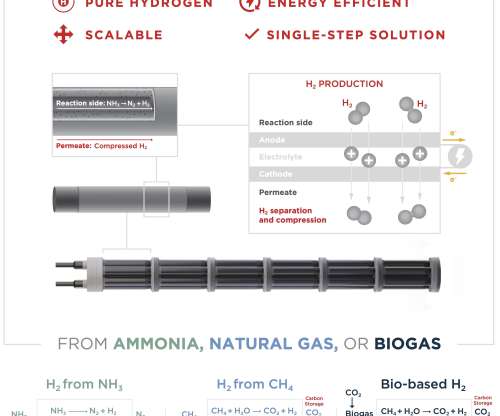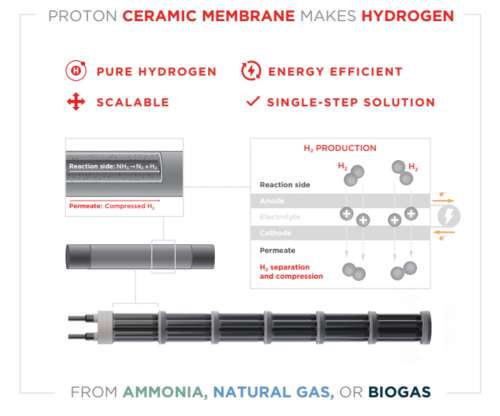Researchers team up algae and bacteria to boost hydrogen production
Green Car Congress
SEPTEMBER 17, 2019
A team from the University of Cordoba in Spain and the University of Tehran in Iran has been searching for ways to increase hydrogen production by using microorganisms, specifically microalgae and bacteria. Acetic acid is key for synergetic hydrogen production in Chlamydomonas-bacteria co-cultures.”




















Let's personalize your content